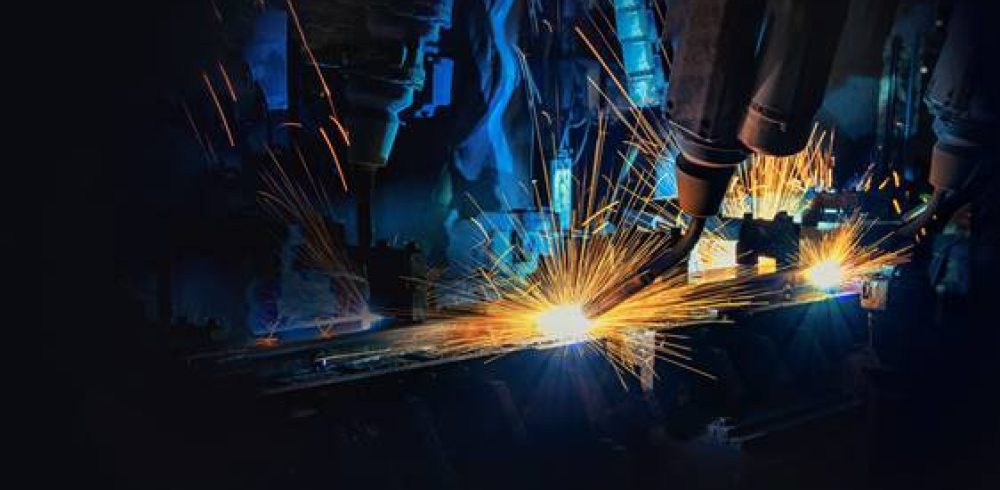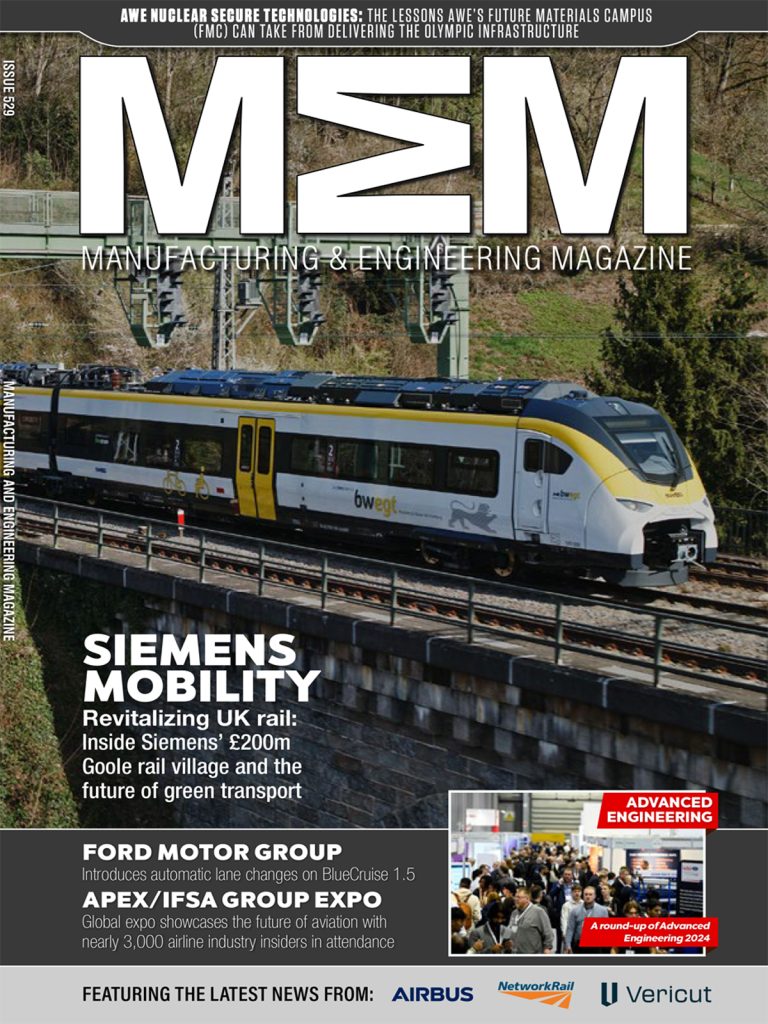How Technology Will Support Global Industrial and Manufacturing Sectors Disrupted by the Pandemic Paul Routledge, Country Manager, D-Link UK&I
The global pandemic has had far-reaching effects – not only on national health services and people’s daily lives, but on businesses of all sizes across a variety of sectors as well. In particular, Covid-19 has shone a light on cracks that exist within business continuity plans, resiliency, and employee support – both in terms of technological capacity as well as on a management level. This has in turn put a focus on the demand for increased connectivity across businesses wherever they are based, and therefore incentivised the need to upgrade existing infrastructure to meet those demands.
Industrial and manufacturing businesses have been especially impacted by the pandemic, not least because globally their operations are driven by manpower. With the majority of workers in these sectors classed as essential, businesses are under pressure to implement solutions that will enable them to uphold operations now and in the long run, whilst ensuring the workplace is safe for employees.
It’s been a difficult time for businesses across the board, but there are a few examples of companies that have adapted and made the most of new technology to rise up to the challenges the pandemic has presented. Some have made the most of adapting existing technology for new purposes, like Kinexon, a wearable sensor technology company which has shared its technology with other firms to help staff adhere to social distancing measures in the workplace. Whereas others have implemented solutions such a temperature screening technology to test whether employees are displaying signs of a fever.
In some countries, track and trace schemes have also proven beneficial, allowing employees to understand if they have been in contact with the virus and self-isolate if necessary. Additionally, understanding how best to carry out regular testing is another method companies are using. Volkswagen, for example, built a dedicated virus testing facility at one of its plants in Germany to offer staff a regular test.
In terms of resiliency these industries have also had to respond quickly to the operational challenges brought around by the pandemic, requiring them to come up with new, innovative and collaborative solutions. This sort of digital transformation will, in turn, drive the need to upgrade outdated systems that are now not powerful enough to support more modern technology. As businesses are forced to adapt further as we move further into 2021, they will need to invest in higher grade technology to support the acceleration of emerging technologies – such as automation and robotics.
This has been the case for energy producers for example, where some companies have embraced technologies such as automated drilling, which requires less personnel on the ground and where operations can be managed remotely. Meanwhile, manufacturing companies have made good use of collaborative technology and teams across the globe to resolve technological problems onsite.
Therefore, a key starting point for many companies will be enabling better connectivity within their businesses – whether by upgrading to more intelligent Wi-Fi networks or combining high-quality enterprise switches with industrial Ethernet switches. Companies will then be able to benefit from more reliable, supported, and connected systems and devices, and be able to count on one seamless network that maintains data flow from the office to the factory floor.
This is especially relevant for industrial sites that present more extreme conditions, and where high network availability is needed but not always found. Connecting everything into one seamless network allows activity to be overseen in real-time, not only in terms of management processes and productivity, but also for connecting to important functions such as smart surveillance.
Better connected industrial spaces will also allow manufacturers to process and benefit from increased amounts of data. Companies will then be able to continuously analyse information in real-time to influence developments in the future – revealing patterns that lead to cost savings and efficiency gains. By turning to more intelligent solutions, companies will be able to have more granular control over real-time data as well as allowing them to be more proactive and responsive.
While the pandemic has irreversibly disrupted a multitude of sectors, including industrial and manufacturing, there is a clear opportunity to harness the opportunity for innovation. First and foremost, companies must look out for the health and wellbeing of their employees, but also ensure that they implement measures to maintain safety in the workplace. Secondly, it’s important that companies stay abreast of current and forthcoming trends, to ensure they have the required technological infrastructure in place that will underpin their operations, this year and beyond.
How Technology Will Support Global Industrial and Manufacturing Sectors Disrupted by the Pandemic Paul Routledge, Country Manager, D-Link UK&I
Manufacturing & Engineering Magazine | The Home of Manufacturing Industry News














